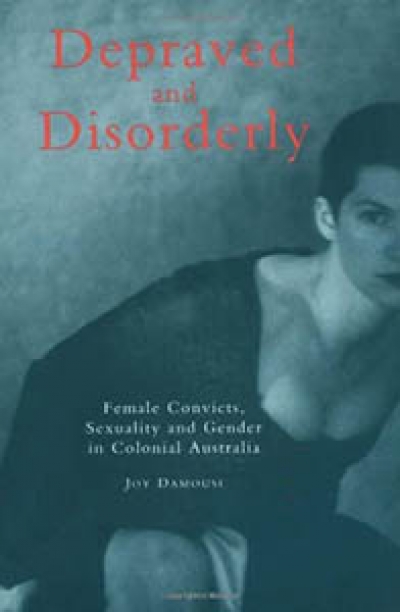Accessibility Tools
- Content scaling 100%
- Font size 100%
- Line height 100%
- Letter spacing 100%
Archive
The ABR Podcast
Released every Thursday, the ABR podcast features our finest reviews, poetry, fiction, interviews, and commentary.
Subscribe via iTunes, Stitcher, Google, or Spotify, or search for ‘The ABR Podcast’ on your favourite podcast app.
‘Where is Nancy?’ Paradoxes in the pursuit of freedom
by Marilyn Lake
This week on The ABR Podcast, Marilyn Lake reviews The Art of Power: My story as America’s first woman Speaker of the House by Nancy Pelosi. The Art of Power, explains Lake, tells how Pelosi, ‘a mother of five and a housewife from California’, became the first woman Speaker of the United States House of Representatives. Marilyn Lake is a Professorial Fellow at the University of Melbourne. Listen to Marilyn Lake’s ‘Where is Nancy?’ Paradoxes in the pursuit of freedom’, published in the November issue of ABR.
Recent episodes:
I found Don Anderson’s essay ‘Leisure’ (ABR, August 1997) interesting, but was intrigued by his photo that covers almost one third of a page. There is a lengthy biographical note which tells us that Don is ‘a member of the English Department at the University of Sydney. His monthly column, ‘Between the Lines’, appears in the Sydney Morning Herald.’ The note also informs us that he contributes a quarterly essay to 24 Hours and has been appointed to the Board of the Sydney Writer’s Festival. I also find out from the note about his most recent book.
... (read more)Mortal Divide: The autobiography of Yiorgos Alexandroglou by George Alexander
From Aldi Wimmer
Dear Editor,
This is the first time I am responding to something I read in ABR, and the reason is Ivor Indyk’s outrageous review of John Kinsella’s Poems 1980–1994 (July ABR). Actually, it isn’t so much a review as a piece of character assassination. How Indyk, whose reviews are usually excellent, can fall into a ranting mode in which he totally loses sight of the texts that he should be evaluating, is beyond me. What can have possessed him? Envy that a younger man is an accomplished writer?
... (read more)‘Those who can, do; those who can’t, teach.’
Can I begin like that? It’s risky, and contentious, and will probably come back at me. But it’s no less a stupid comment for all that. In my experience it is usually the ones who say it who are the ones who can’t.
... (read more)







